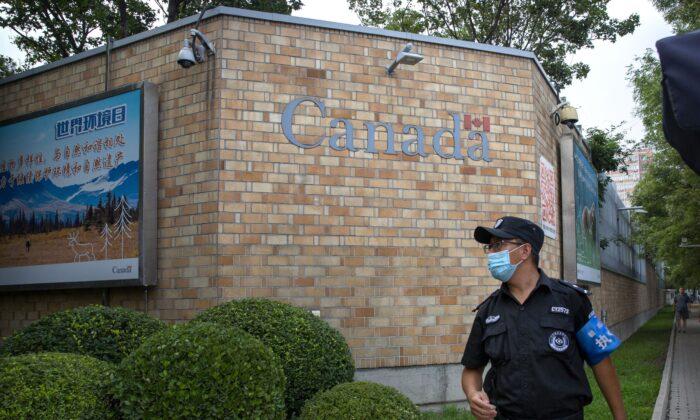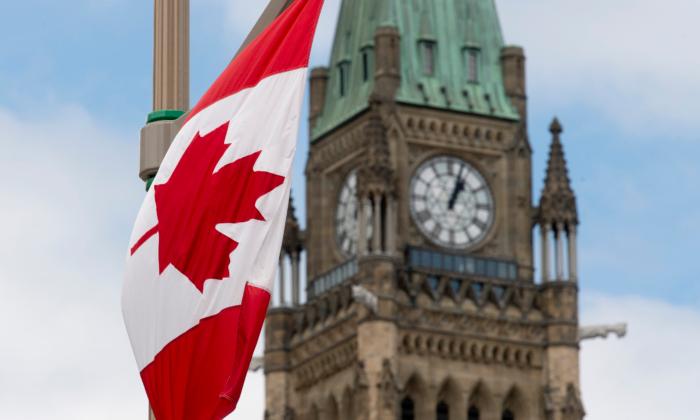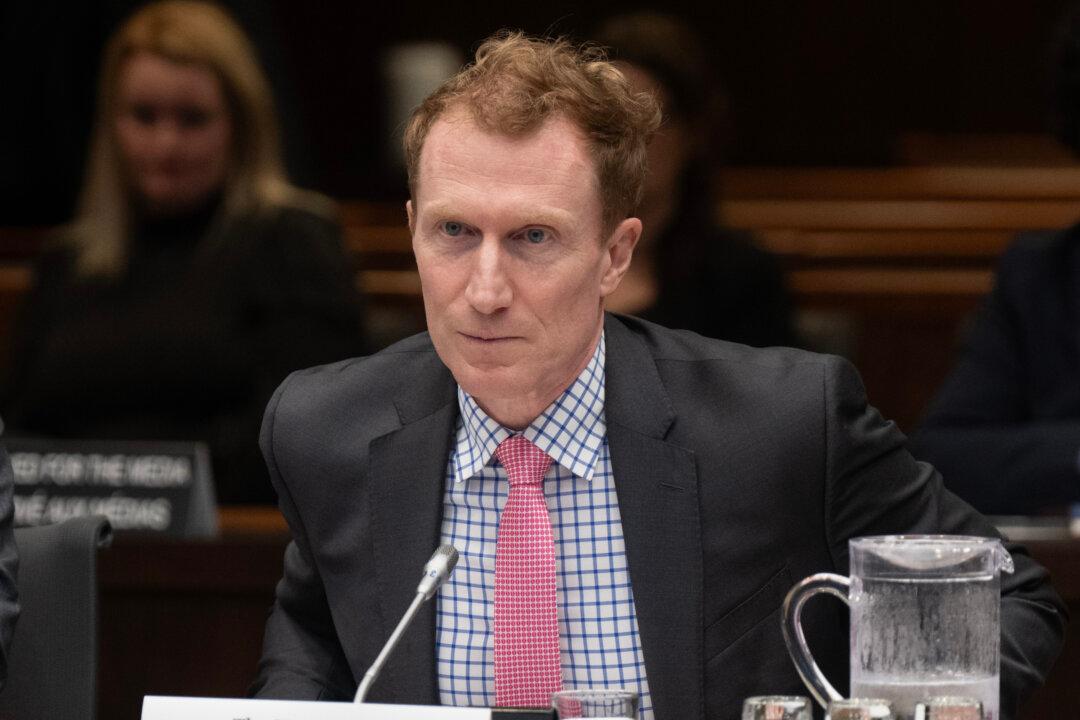A China expert says Canada needs to put strong legislation in place that allows for “severe punishments” in order to counter foreign interference in the country.
Jonathan Manthorpe, author of “Claws of the Panda: Beijing’s Campaign of Influence and Intimidation in Canada,” testified before the parliamentary Canada-China committee (CACN) on Oct. 25, where he was asked how the government can protect Canadians of Chinese heritage from threats and intimidation by Beijing.
“An overarching thing we need to do is to have a strong piece of legislation regulating and allowing for severe punishments or retribution for political activity in Canada by foreign countries,” said Manthorpe, a veteran journalist of over 40 years.
“I think we do have some sort of legislation at the moment but it clearly is not tough enough—and it needs also to be applied.”
The threat of foreign influence and interference by communist China has been raised by Canadian intelligence agencies for years.
The NSICOP report said that Beijing has “a number of official organizations that try to influence Chinese communities and politicians to adopt pro-China positions,” with the operations primarily conducted through its United Front Work Department.
Foreign Influence Registry
Recent legislative efforts to counter foreign interference include former Conservative MP Kenny Chiu’s Bill C-282, an Act to Establish the Foreign Influence Registry, which he introduced in the House of Commons last April. Chiu would go on to lose his seat in the 2021 federal election which halted the private member’s bill from advancing to second reading in Parliament.In February, Conservative Senator Leo Housakos introduced Bill S-237 which echoes the sentiment of Chiu’s bill.
Housakos’ bill aims to establish a Foreign Influence Registry and to amend the Criminal Code such that it would impose an “obligation on individuals acting on behalf of a foreign principal to file a return when they undertake specific actions with respect to public office holders.” Failure to comply would result in fines or jail time.
The senator’s bill is currently in second reading in the Senate.
Manthorpe told the committee that setting up a foreign influence registry in Canada is a “very important step.”
‘Arrangements With Beijing’
During questioning, Tory MP Tom Kmiec asked Manthorpe what can be done to current and former public office holders in Canada who may be “toeing the line with Beijing.”“I think all we can do is shame them,” Manthorpe replied. “There are many previous public office holders who have found in retirement comfortable positions and arrangements with Beijing.”
“I think that forums such as this [CACN] and others need to make it plain to everyone that China, the People’s Republic of China, is not a friend of Canada and that people who court relationships with Beijing, for one reason or another, are in fact working against the interests of Canada,” he added.
NDP MP Heather McPherson asked what Canada’s diplomacy with China should look like after being without an ambassador to China for most of the year, and in the context of Chinese leader Xi Jinping securing a third term in power.
“I think we need to be very stern,” he said.
“[Ottawa] needs to recognize that rebuilding a working relationship with Beijing—even a minimalist relationship with Beijing—is going to take a lot of time and a lot of trust-building,” he added.
“Because we’re in a situation where every diplomat and every business person who is in China is under threat of being kidnapped if the relationship goes off the rails again.”
Manthorpe said Beijing’s “kidnapping” of Canadians Michael Kovrig and Michael Spavor in apparent retaliation for Canada’s detention of Huawei executive Meng Wanzhou in 2018 “sent a clear message in itself: that the CCP cares more about the security of one party aristocrat than it does about the entire spectrum of relations with Canada.”





